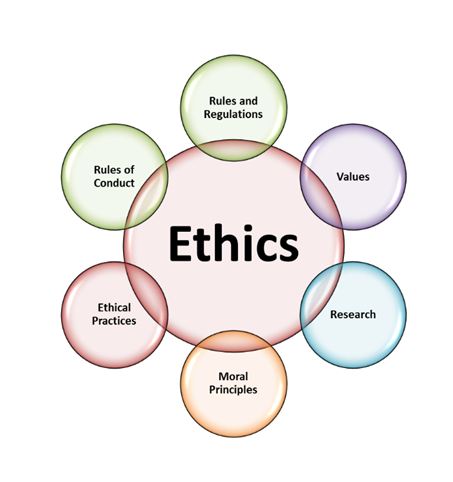Work Ethics
.
.
1. Procrastination
2. Email
3. Attitude problem
4. Socialising
5. Politicking and gossiping
6. Jokes
7. Punctuality
8. Work-from-home
9. Personal life comes first
10. Dressing unprofessionally
.
.
acknowledgment – 1. the fact of accepting that something is true or right / 2. something given to thank someone for what they have done: We sent her a copy / 3. a letter or email to say that something has been received:
asset – something valuable belonging to a person or organization that can be used for the payment of debts
coherent – If someone is coherent, you can understand what they say
fairness – the quality of treating people equally or in a way that is right or reasonable
honesty – the quality of being honest
integrity – the quality of being honest and having strong moral principles that you refuse to change
loyalty – the quality of being loyal
naive – too willing to believe that someone is telling the truth, that people’s intentions in general are good, or that life is simple and fair. People are often naive because they are young and/or have not had much experience of life
ethics – the philosophical study of moral values and rules
morality – motivation based on ideas of right and wrong
moralchoice – educated choices made through using reason and weighing alternatives
moralagent – Someone who is capable of thinking about a moral problem, making a decision about how to act, and taking responsibility for this actions
rebuttal – refutation; response with contrary evidence; V. rebut: refute;
disprove – to prove that something is not true
breach – to be breaking a particular law or rule
Source – Wikipedia
Work ethic is a values based on hard work and diligence. It is also a belief in the moral benefit of work and its ability to enhance character. An example would be the Protestant work ethic. A work ethic may include being reliable, having initiative, or pursuing new skills.
Workers exhibiting a good work ethic in theory should be selected for better positions, more responsibility and ultimately promotion. Workers who fail to exhibit a good work ethic may be regarded as failing to provide fair value for the wage the employer is paying them and should not be promoted or placed in positions of greater responsibility.
Source: Urban Dictionary
One with Work Aversion Disorder (WAD) may appear to be lazy, immature, irresponsible, or to have a poor work ethic, but that is not the case. S/he is actually psychologically unable to seek or perform employment. Most of these people are able to do work-like activities outside of the context of employment. Work Aversion Disorder is caused by various mental illnesses, including anxiety disorder (like agoraphobia or panic disorders), depression, obsessive-compulsive disorder, or post-traumatic stress disorder.


